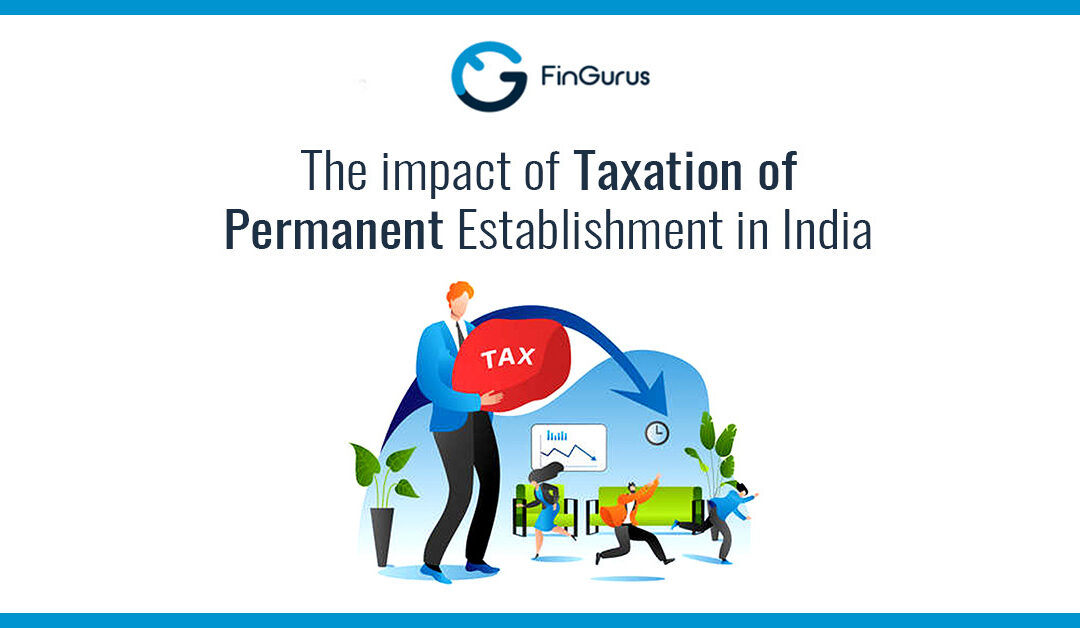

Over the last few decades, India has established itself as one of the fastest developing countries in the face of the world economy. The steep rise in development has resulted in an upsurge in economic activities over foreign investments influx, paired with technological collaborations. This increased transactions across the border, throwing several challenges on India’s taxation front regarding such foreign entities.
Principally, when a company is incorporated in Indian soil, the income generated via its revenues is taxable in the country itself. Based on the principle of “Residential base,” India also holds the right to account for tax on the company’s global income. Further, India also holds the right to tax income for a foreign company if its revenue is generated from activities in India.
As per the Indian Income Tax Act, if income from any foreign company is deemed or received in India OR deemed to have raised/ accrued in India, such revenue is generated. And, following the “source base” principle of taxation, India holds the right to tax such income. Such taxation is generally at a reduced rate of tax and on gross receipt of the foreign company. This section covers only specific income categories like Royalties, Fees for technical services, interest, dividends, etc., which are covered by this section.
Suppose the foreign company has extended its presence in the country and is carrying out its activities in the country. In that case, their derived income is to the extent that it becomes taxable in India. With this logic, we derive the concept of Permanent Establishment (PE) for companies in the country.
Article 5 on DTAA (Double Tax Avoidance Agreements) signifies that India has collaborated with multiple countries, thus defining the term PE as “A permanent establishment or fixed place for organizations via which operations of an enterprise can be executed either wholly or partly.”
There are the following types of PEs:
A fixed place permanent enterprise or PE of foreign enterprise exists in the source country (India) only when they satisfy the following tests:
To add to the list, here are some specific inclusions to PE in Article 5(2) of treaties:
In addition to the above, Oil, Mines, Quarry, Gas well, Oil exploration is also considered PE in India.
Once a foreign organization is determined to have a PE in India, the profits generated from its operating activities are taxed under the “Business Income,” according to Article 7 of the treaties. The list of consequences include:
PE is one of the most crucial aspects for organizations when it comes to running operations across borders. This works as a significant means by which companies are exposed to filing tax returns, value-added tax, corporate income tax, and comply with a vivid range of other similar obligations. Therefore, before you plan to establish a business, ensure that you know everything around PE.